Innovation City Labs in Slovakian cities: Promoting the transformation of brownfields to plus-energy neighborhoods
Keywords: energy- and resource-efficient neighbourhood development, plus-energy neighbourhoods, revitalization of brownfields, energy transformation of cities, environmental communication
Subject and objectives of the project
The Slovak Republic has committed to becoming a climate-neutral country by 2050. Cities will therefore integrate climate change mitigation measures and solutions to reduce greenhouse gas emissions when developing strategic plans for cities and their neighborhoods (e.g. spatial development plans, action plans for sustainable energy and climate protection, etc.).
The revitalization of brownfields is an important part of this goal. Their transformation into sustainable plus-energy districts (PEDs) goes one step further and brings together challenges and planning at the building and city level.
Plus-energy districts (PEDs) are energy-efficient and energy-flexible urban areas that produce no greenhouse gas emissions and actively manage the annual local or regional overproduction of renewable energy. They require the integration of different systems and infrastructures as well as the interaction between buildings, users and the regional energy, mobility and ICT systems. In this way, the quality of life of the urban environment is optimized in line with social, economic and environmental sustainability (Plus-Energy-Districts (PEDs) | JPI Urban Europe(jpi-urbaneurope.eu)).
Plus-energy districts are at the center of many activities related to the energy transition in cities and municipalities, as their transdisciplinary nature offers a number of unique benefits and opportunities that encompass a wide range of issues and objectives. It is envisaged that Plus Energy Neighborhoods will become a cornerstone of the Strategic Energy and Technology Plan for a Climate Neutral Europe 2050 (SETPlan). The main objective of the project is to build professional capacities in Slovak cities – interdisciplinary teams of experts (Innovation City Labs (ICL)), which promote the implementation of PED projects in brownfield areas. The current practice confirms that the biggest problem is the lack of awareness, knowledge/skills/qualifications/experience of municipal employees and the professional public and the lack of methodologies and pilot projects. Slovak cities are preparing projects for neighborhoods in which they do not take into account the concepts of energy transformation of cities and municipalities.
Work packages:
- WP1: Communication with 4 selected cities (Trnava, Košice, Banska Bystrica, Nova Dubnica) and presentation of examples of good practice from abroad at information events
A half-day information event will be organized for each city, focusing on examples of good practice in the development of sustainable neighbourhoods (primarily PEDs), with the content of each event focusing on one of the components of PEDs from abroad. Projects developed on brownfield sites will be presented. After an in-depth analysis and summary of the results of the events (presentations, discussions, lessons learned), the individual topics will be processed and then compiled into a complex methodological document for the transformation of brownfields into PEDs.
The results of the events and the methodological document will be presented to the participating cities at a dissemination conference. Other Slovakian cities (which have brownfields on their territory) as well as the professional public and the state administration will be invited to attend. - WP2: Innovation City Labs (ICL): Building technical capacities in the cities
An ICL will be established in the 4 selected cities, a team of internal (municipal employees) and external experts (iEPD). The external experts will provide technical input (information events and training workshops), transfer know-how and establish an independent ICL activity during the project period. At the end of the project, the ICLs will be able to professionally manage brownfield revitalization projects towards PED.
Following the information sessions and training workshops, the iEPD will compile the results and present a summary report with recommendations for concrete brownfield revitalization projects with the aim of implementing PED to other employees and the heads of the various municipal departments that deal with the topic of climate change as part of their focus.
Innovation and exemplary nature of the project
The project format is replicable and sustainable. Four successful examples of cooperation with cities in the form of the Innovation City Labs will demonstrate the added value for the participating cities and can arouse the interest of other cities in cooperation and the same approach. Initial information events in the cities focusing on the individual thematic components of the PED will create the conditions for targeted transferability to other cities, depending on their specific needs. The methodological document “Methodology of transformation of brownfields to PEDs” can be used by other Slovak cities (with more than 40,000 inhabitants) for their planning of brownfield revitalization or by architects, urban planners and project applicants.
Special aspects of the project
The development of technical capacities, the exchange of experiences and the sharing of innovations is a prerequisite for a change of approach in the revitalization of brownfields towards PEDs, to which the following project activities will contribute:
- Exchange of expertise and experience between foreign and Slovakian experts
- Expert input at ICL training workshops
- Teamwork between municipal employees and external experts at ICL training workshops (learning by doing)
- Establishment of ICLs as an interdisciplinary team of internal and external experts who promote the implementation of PEDs in brownfield areas
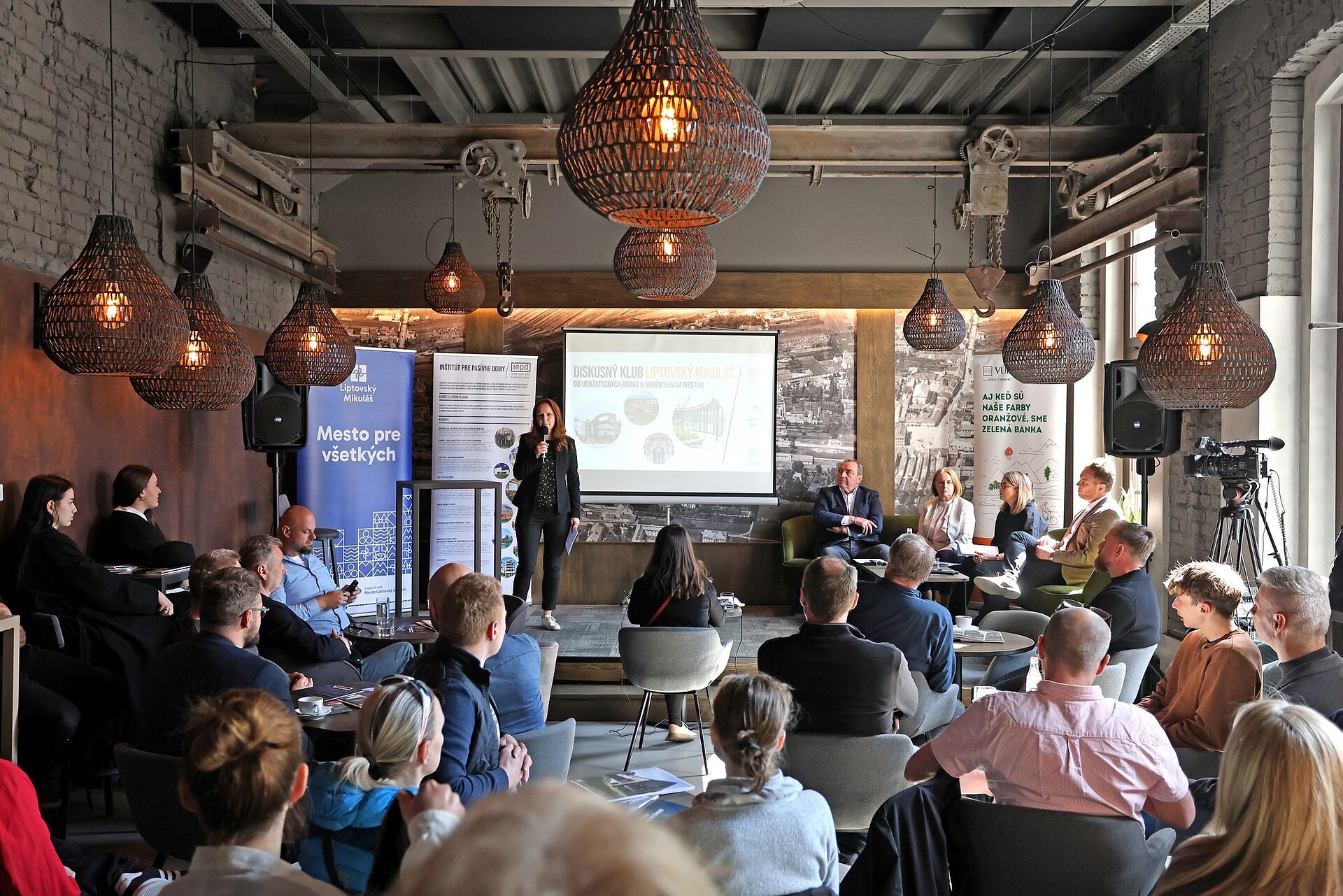
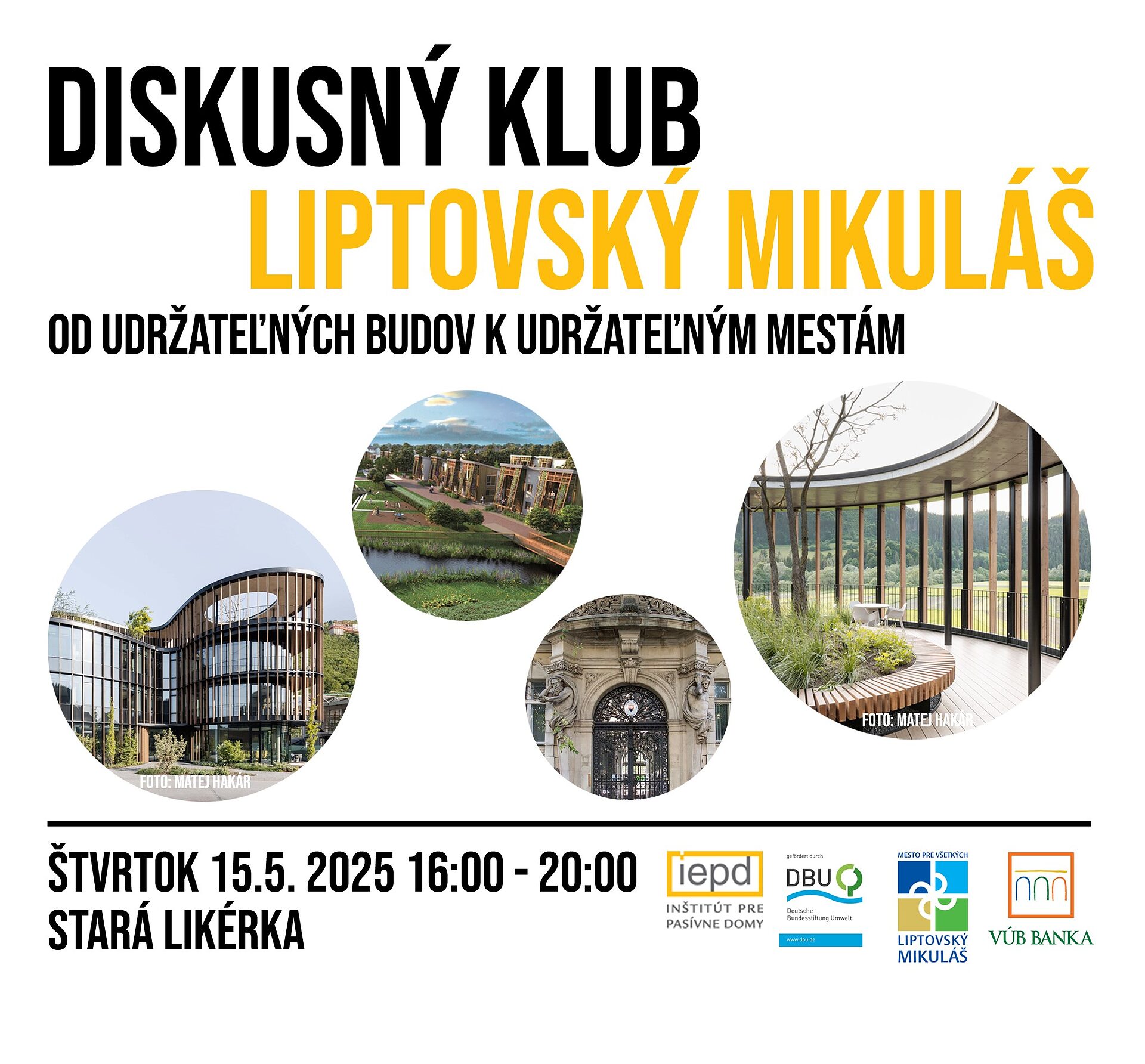
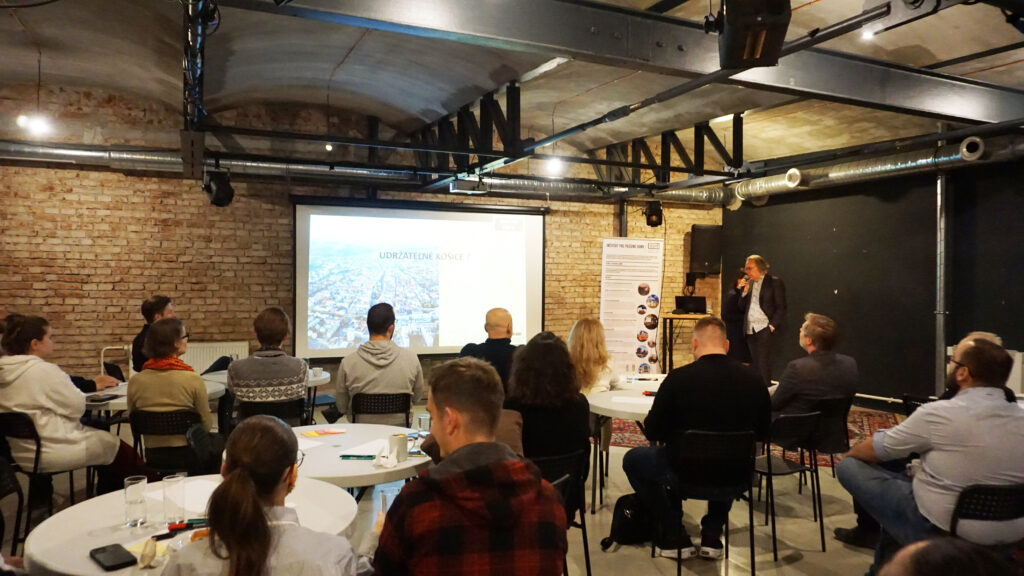
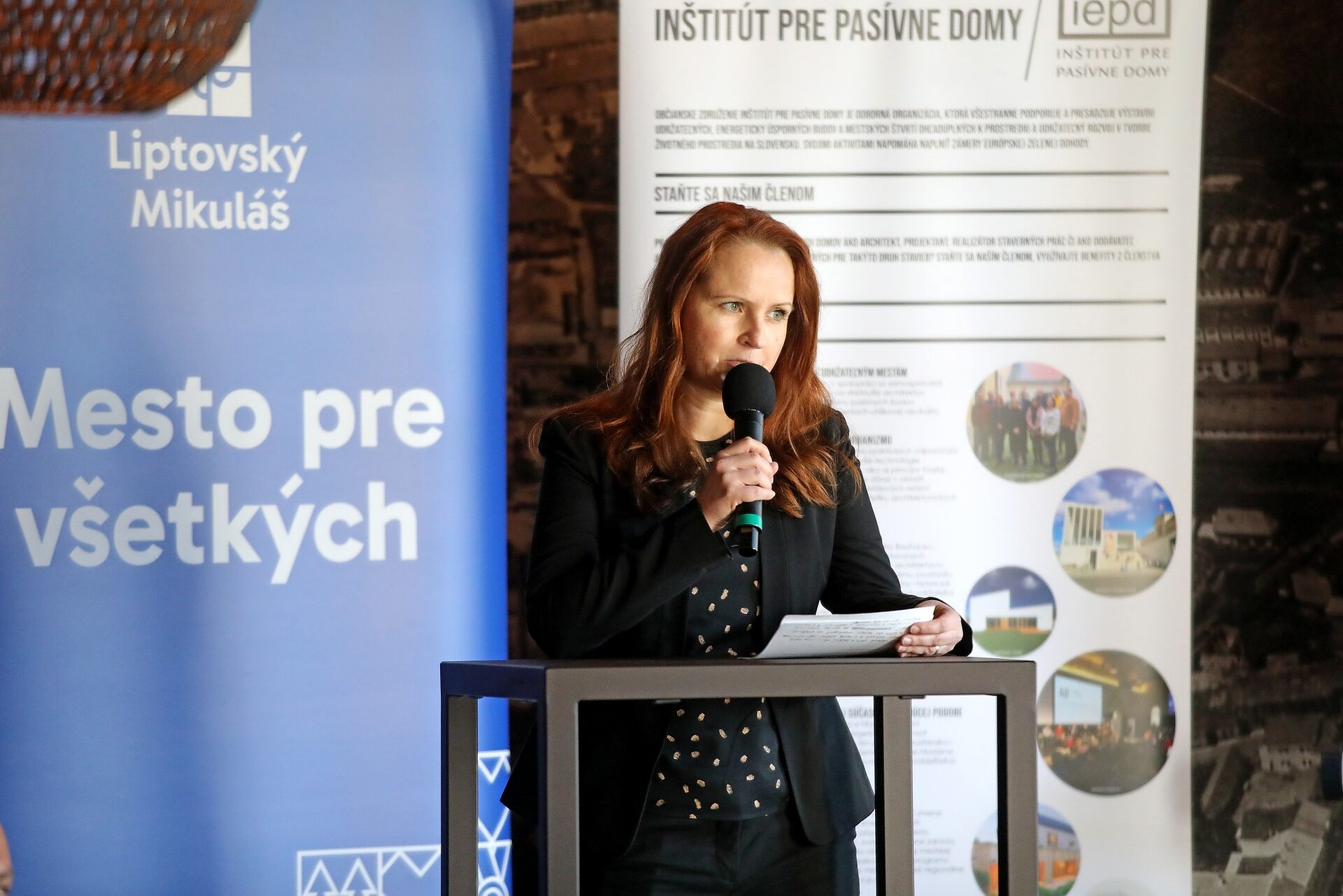
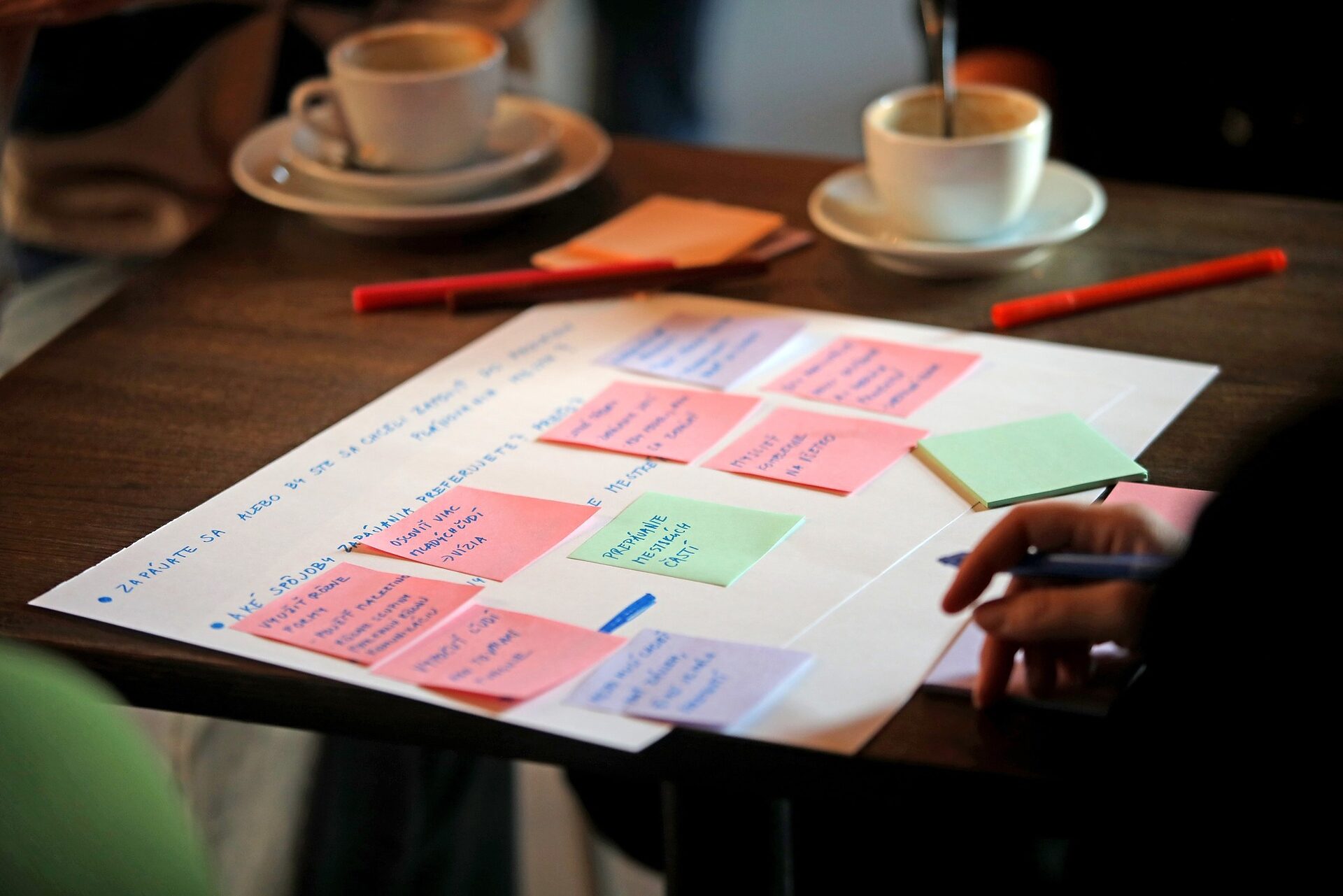
Funding theme 5: Sustainable neighborhood development
Project implementation:
Places of activity: Slovakia
Funding period: September 2024 to September 2025
Project costs: Total volume: 117,300 euros, funding from DBU: 93,644 euros
DBU-AZ: 39422
Status: 19.06.2025